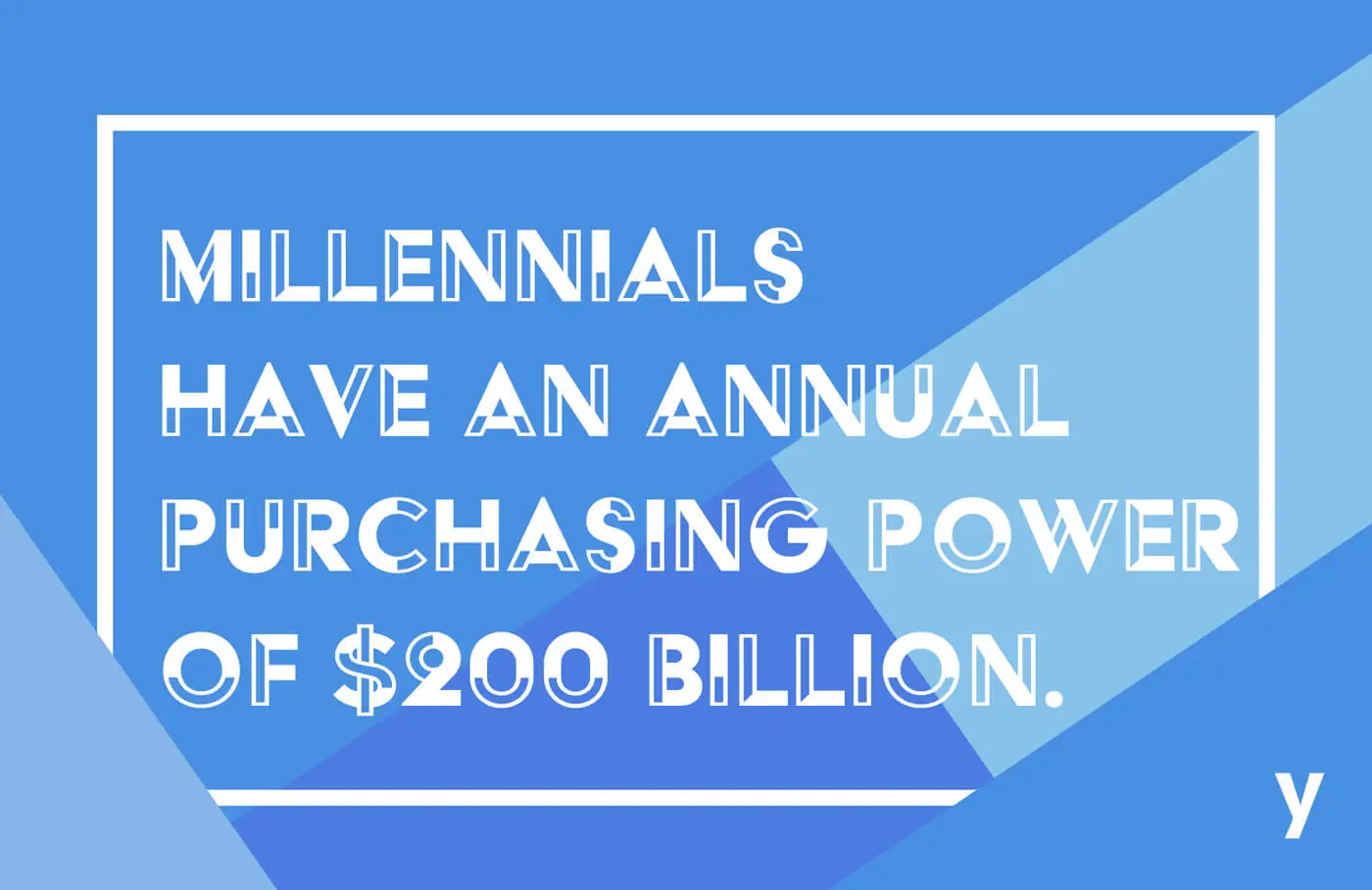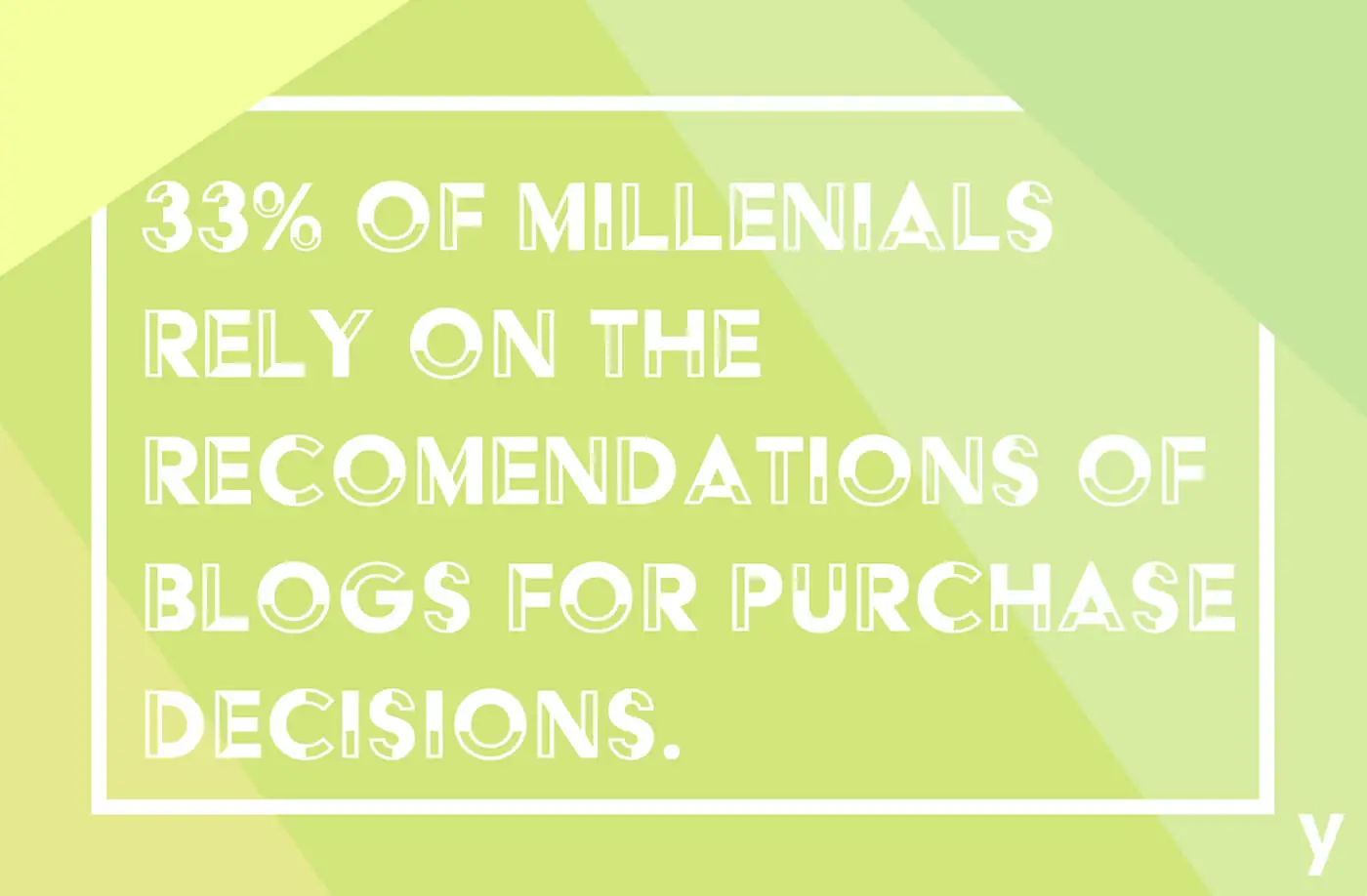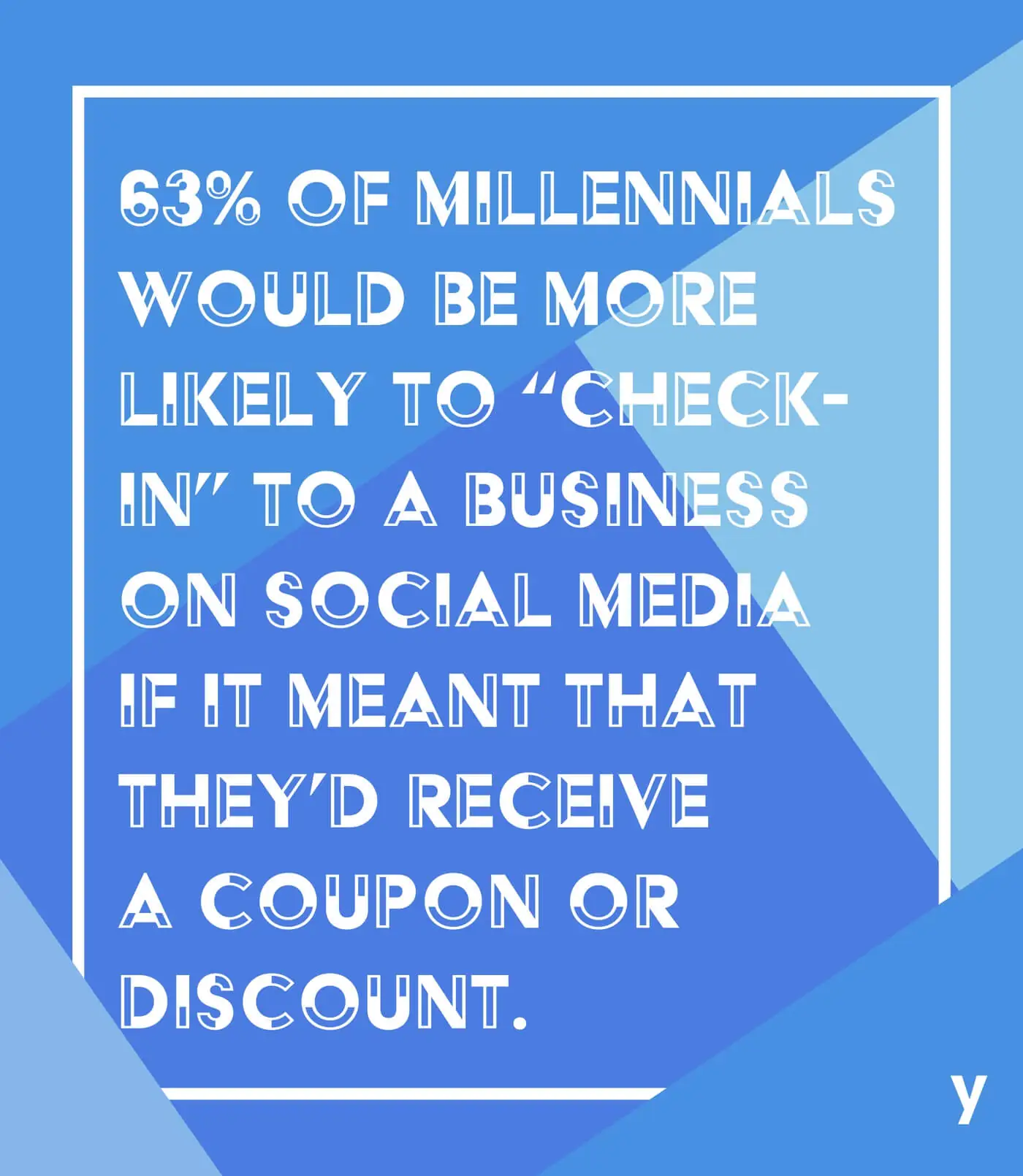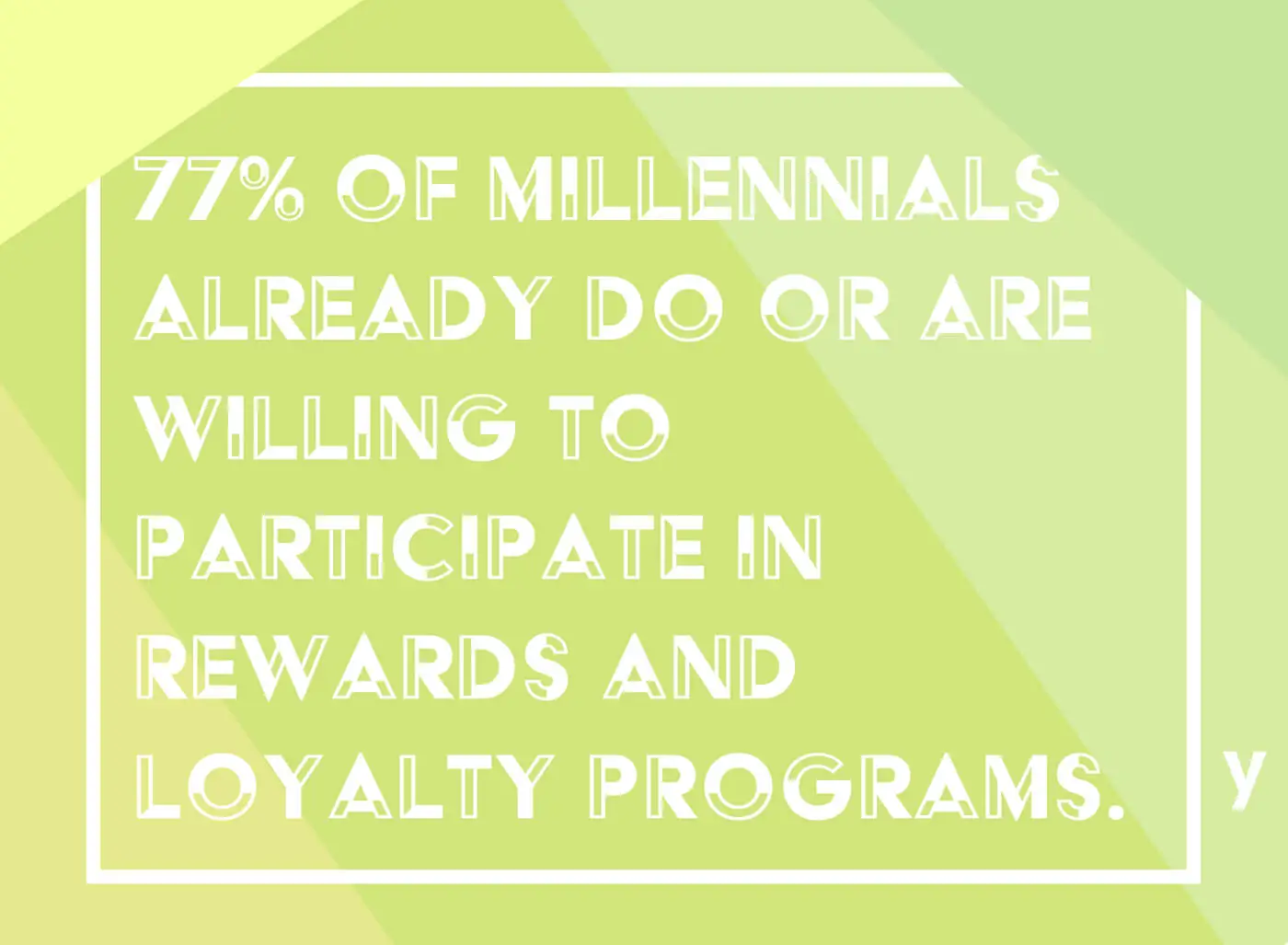In just the United States alone, there exists a millennial population of about 80 million people. Though just by a little, they represent the largest population segment (compared to the second largest segment, the United States’ 74.9 million baby boomers).

Millennials have an annual purchasing power of $200 billion, making them one of the most lucrative population segments for brands to win over. However, millennials were born in the digital age of social media, so marketing to them is decidedly different than with those who did not grow up with the same level of technology.
Millennials are constantly bombarded with marketing and promotional offers. While not problematic in and of itself, millennials understand their place as a major advertising target, and when they get the impression that certain companies only look at them and see them as a source of income, they get annoyed and turned off.
So what’s the secret to success with the millennial market?
Millennials Crave Authentic Content
Millennials aren’t moved by advertising. Only 1% of millennials surveyed said that a compelling advertisement would make them trust a brand. Authentic content, however, is another story. Millennials can buy into that, with 43% of millennials finding authenticity more important than content when consuming news.
Millennials connect best with other people over ads, which is why:
 Millennials Trust the Opinions of Others
Millennials Trust the Opinions of Others
It may not be surprising to learn that 33% of millennials rely on the recommendation of blogs before making a purchase, while only 3% rely on TV, magazines, and books (otherwise known as more traditional media).
Additionally, 84% of millennials say user generated content has some influence over what they will buy, perhaps because of the implicit and authentic testimonial it allows their peers to provide on behalf of a company.
Understanding the relationship between millennials and the content they prefer to consume has led to the rise of influencer marketing by brands hoping to create authentic connections with this audience.
Millennials Enjoy Brand Collaboration
Millennials are interested in collaborating with brands in creating products, with 42% of millennials saying they would be interested in helping brands create new products. This represents an exciting opportunity for brands to understand millennials on a deeper level. Product co-creation also represents an opportunity for brands to create something that has a greater chance of resonating with millennials.
Coca Cola’s online co-creation campaign “Energizing Refreshment” encouraged people to submit photos and videos to be used in their marketing campaigns worldwide. As a result, Coca Cola benefitted by featuring fresh faces in their marketing, and millennials found it easier to connect with their messaging.
 Millennials Like Engaging With Brands on Social Media
Millennials Like Engaging With Brands on Social Media
70% of millennials are on their phones daily, and spend an average of 5.4 hours on their devices over the course of the day. Any brand worth their salt knows that making themselves easily accessible to their fans and customers over this mobile medium is critical to their success.
62% of millennials say that if a brand engages with them on social media, they would likely become a loyal customer. It can be as simple as answering customers’ queries in a timely fashion, and starting the conversation from your own end on occasion.
You can also try connecting to millennials with social media incentives. 63% of millennials would be more likely to “check-in” to a business on social channels if it meant that they’d receive a coupon or discount. On that note, a 20% discount could bring more than 50% of survey respondents to visit a location.
 Millennials are Known for Their Brand Loyalty
Millennials are Known for Their Brand Loyalty
For a generation that’s being accused of constantly flitting from job to job, when a millennial uses and loves a brand, he/she becomes very loyal to it. In order to take advantage of this fact, consider implementing a loyalty program.
77% of millennials already do or are willing to participate in rewards and loyalty programs. Unsurprisingly, 73% of smartphone users are interested in using their mobile devices to interact with brands’ loyalty programs. No need to drain your funds on custom application development—It can be as simple as implementing a program like Spring Rewards or Belly.
Brands with a Purpose
For a generation accused of being selfish, millennials are actually pretty generous. Millennials are more involved with social issues than most other population segments, and are the generation that would rather make $40,000/year doing what they love, than $100,000/year at a job they hate.
Additionally, 84% of millennials made a charitable donation over the past year, and 75% of millennials agree that it’s important that a company gives back to society.
How Marketing to Millennials is Different Than Any Other Generation
Millennials are shaking up the very nature of marketing. If you want a piece of their incredible spending power, it’s necessary to adjust your tactics—oftentimes in a very radical way.
For an insider’s look at the millennial mind, get in touch with Chicago digital marketing agency, Mabbly. With a large number of millennials on staff, we’re very sensitive to the needs and wants of this group.




